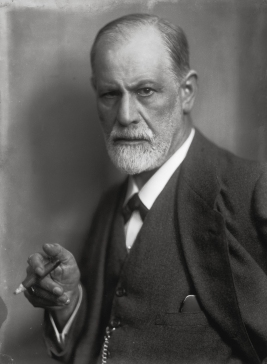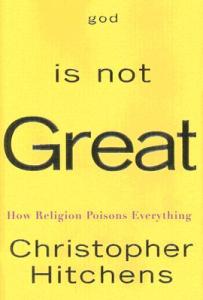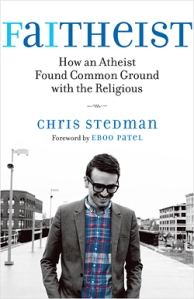
The father of psychoanalysis, Sigmund Freud, built upon the naturalist view of religion’s origins popularized by earlier thinkers like Feuerbach and Hume. In his “The Future of An Illusion,” he posited psychological reasons for the origin of religious belief, namely, in the father-complex; that is, he proposed religion’s origin in the need for a divine father figure who was all powerful, to make up for our mortal and frail biological fathers. He describes this phenomenon like so:
“These [religious ideas] which are given out as teachings are not precipitates or experience or end-results of thinking: they are illusions, fulfillments of the oldest, strongest, and most urgent wishes of mankind. The secret of their strength lies in the strength of those wishes. As we already know, the terrifying impression of helplessness in childhood aroused the need for protection – for protection through love – which was provided by the father; and the recognition that this helplessness lasts throughout life made it necessary to cling to the existence of a father, but this time a more powerful one. Thus the benevolent role of a divine Providence allays our fear of the dangers of life; the establishment of a moral world-order ensures the fulfillment of the demands of justice, which have so often remained unfulfilled in human civilization; and the prolongation of earthly existence in a future life provides the local and temporal framework in which these wish-fulfillments shall take place. Answers to the riddles that tempt the curiosity of man, such as how the universe began or what the relation is between body and mind, are developed in conformity with the underlying assumptions of this system. It is an enormous relief to the individual psyche if the conflicts of its childhood arising from the father-complex – conflicts which it has never wholly overcome – are removed from it and brought to a solution which is universally accepted.”
One bone to pick, if I may. Don’t all “answers to the riddles that tempt the curiosity of man” develop “in conformity with the underlying assumptions” of whatever system to which they belong? In other words, naturalist assumptions lead to naturalist conclusions, just as supernatural assumptions lead to supernatural conclusions. Even, we might say, the desire for non-foundationalism leads to non-foundationalist answers. There is no escaping first principles. But that could probably be a whole separate post.
What do you think of Freud’s thesis? Is religion an illusion – or is Freud’s theory?
[Source: Freud, “The Future of An Illusion,” quoted in Hitchens, The Portable Atheist (Philadelphia: De Capo Press 2007), 146-147.]





